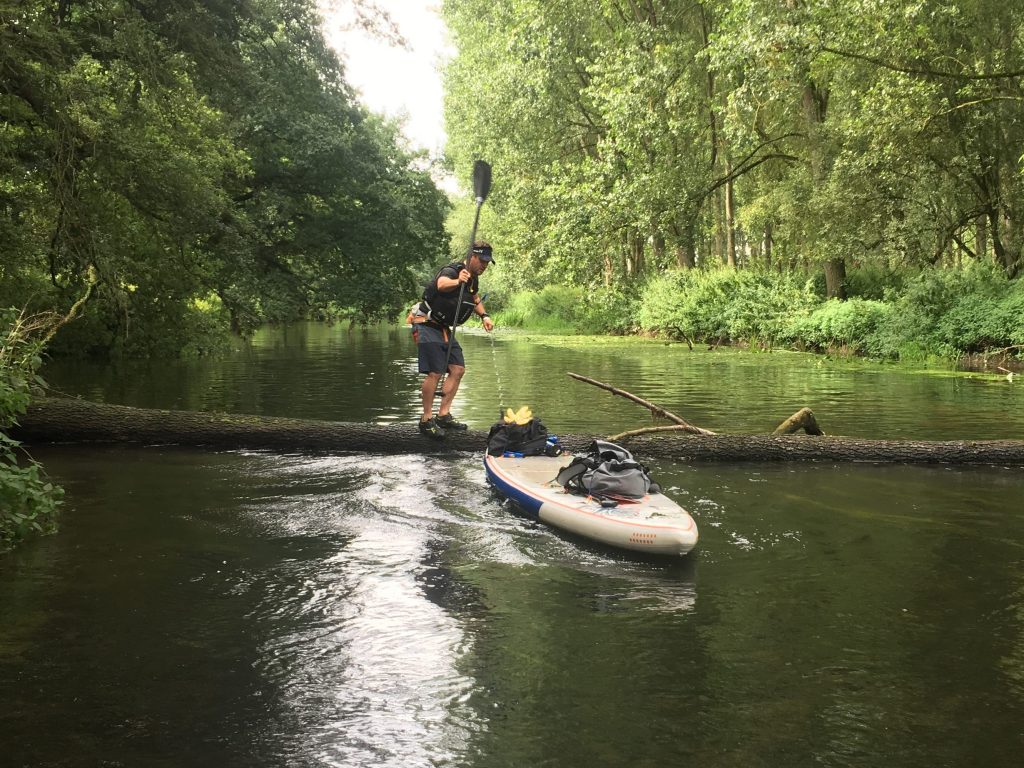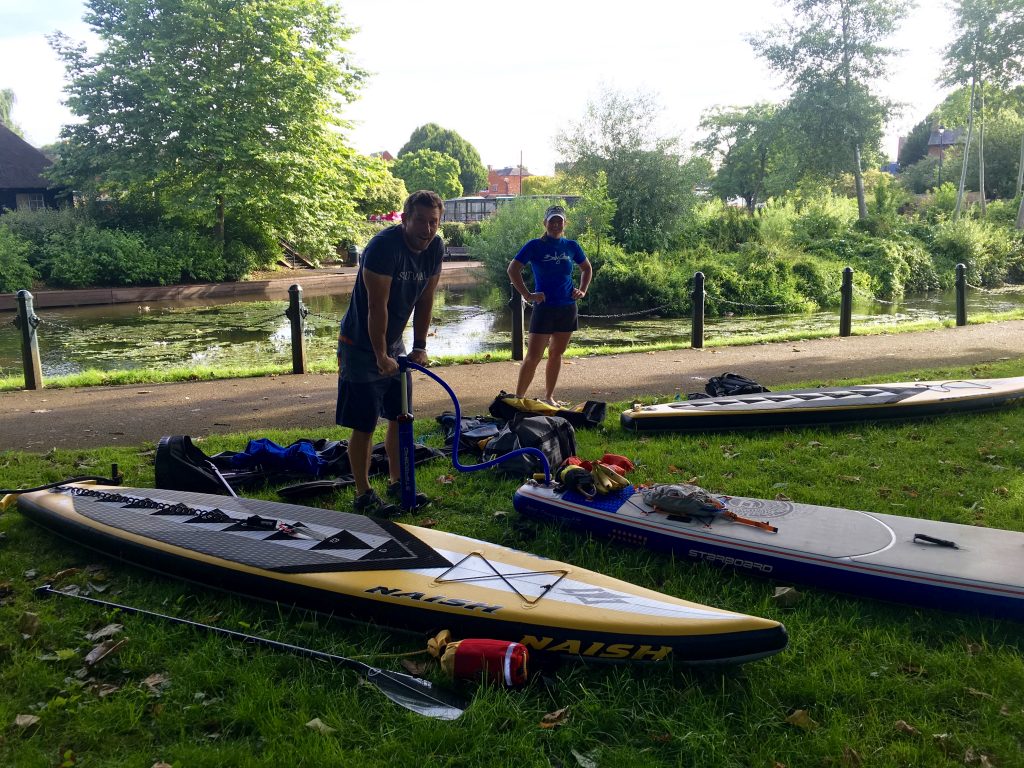WEIL'S DISEASE
Important information on Weil’s Disease
Weil’s Disease is a RARE but very serious illness. It is cause by bacteria carried in the urine of rats (and some other animals), which get into the waterways. The illness is very rare, but can be contracted anywhere. The descending scale of risk is: Stagnant water, canals and slow moving rivers (particularly after flash foods), swifter streams. Should you become ill after paddling (2-19 days) with a flu-like illness (temperature, aching limbs and joints) call your doctor and tell him/her you Stand up Paddle Board on Canals and inland waterways – Contact the BCU office for more information.
Precautions:
- Avoid falling in or getting water from stagnant or slow moving water on your face.
- Do not put your fingers in your mouth and avoid eating food on the water
- If you must eat food near the water clean hands first
- Avoid drinking water from bottle necks that have been splashed with water
- Wash or shower after paddling.
- Cover minor scratches on exposed parts of the body with waterproof plasters.
- Use footwear to avoid cutting feet.
What is it?
Leptospirosis is a zoonosis, that is an infection transmitted to man from animal sources. Leptospirosis in humans can produce a range of clinical manifestations from a mild flu-like illness to meningitis or renal failure. The more severe end of the clinical spectrum is known as Weil’s disease, which is rare in Britain but can occasionally result in death.
How do you catch it?
The infection is caused when leptospires, minute bacteria, enter the human host through a skin abrasion or through the lining of the mouth, throat and eyes after contact with an infected animal’s urine or contaminated fresh water. There are many different types, or serovars, of this organism. Each tends to be associated with a different animal species. The most commonly found serovar in this country is Leptospira hardjo, which is associated with cattle. Leptospira icterohaemorrhagiae also occurs here and is associated with rats.
How serious is it?
It can be a serious illness requiring hospital treatment and can lead to kidney or liver failure. Weil’s disease is a notifiable illness. In extremely rare cases this disease can be fatal.
Do I need to do anything?
Simple precautions can reduce even further the small risk, precautions to be listed as appropriate for the groups being addressed by the card. These could include a selection of the follow:
- Avoid falling in or getting water from stagnant or slow moving water on your face.
- Do not put your fingers in your mouth or eat food on the water
- Avoid drinking water from bottle necks that have been splashed with water
- Wash or shower after canoeing.
- Cover minor scratches on exposed parts of the body with waterproof plasters.
- Use footwear to avoid cutting feet.
- If you have flu-like illness after paddling, go to your GP early – tell him/her you are a paddler.
What should I do about it?
If you are taken ill after stand up paddle boarding, particularly from 2 to 19 days following, tell your doctor about your work or regular water sports activities and show him/her this information. You must call the doctor early. The most common early symptoms are: temperature, an influenza-like illness and joint and muscle pains. (Pains in the calf muscles are often particular noticeable). Jaundice and/or conjunctivitis may be present, or develop, although the absence of any of these symptoms does not mean that the illness is not Weil’s Disease – nor does a symptom in isolation necessarily indicate that Weil’s Disease is present.
(To the doctor: A Stand U Paddle Boarders work/leisure pursuits may expose him/her to the danger of leptospirosis. Early treatment can be helpful in limiting the course of this infection. Serological testing is available for leptospirosis. However, it is only appropriate for confirming an initial clinical diagnosis and not for the purposes of whether or not to commence treatment. Your local Public Health Laboratory or hospital consultant microbiologist should be able to offer advice on the appropriateness of testing and preferred antibiotics.)
ALWAYS WASH YOUR HANDS


Comments